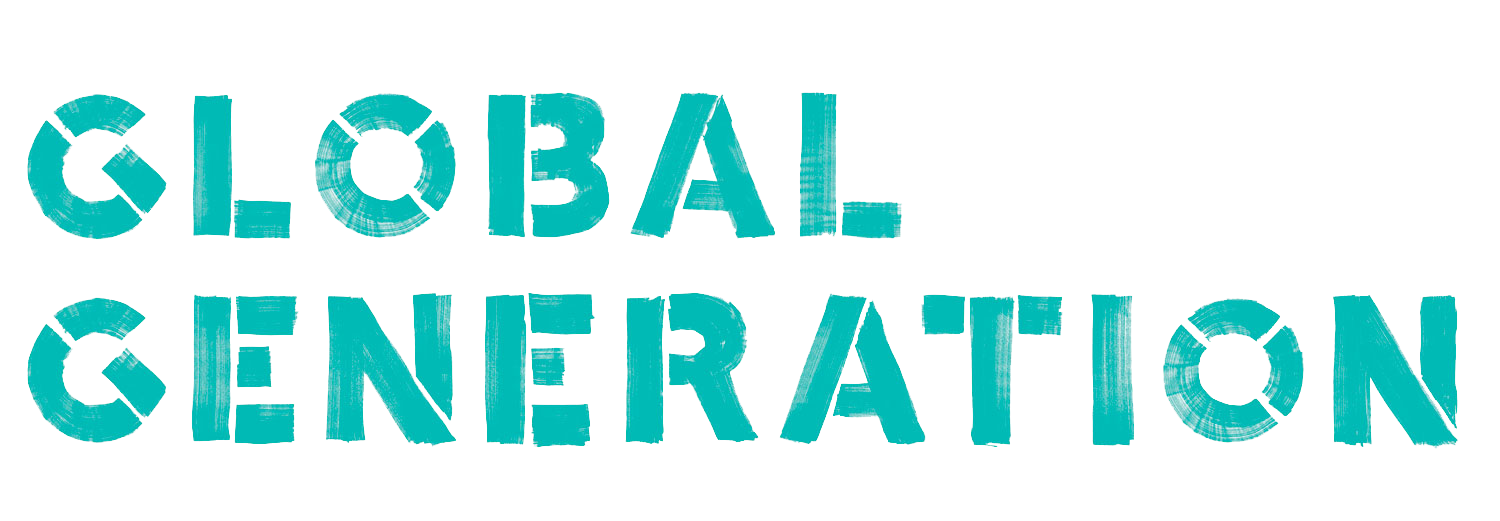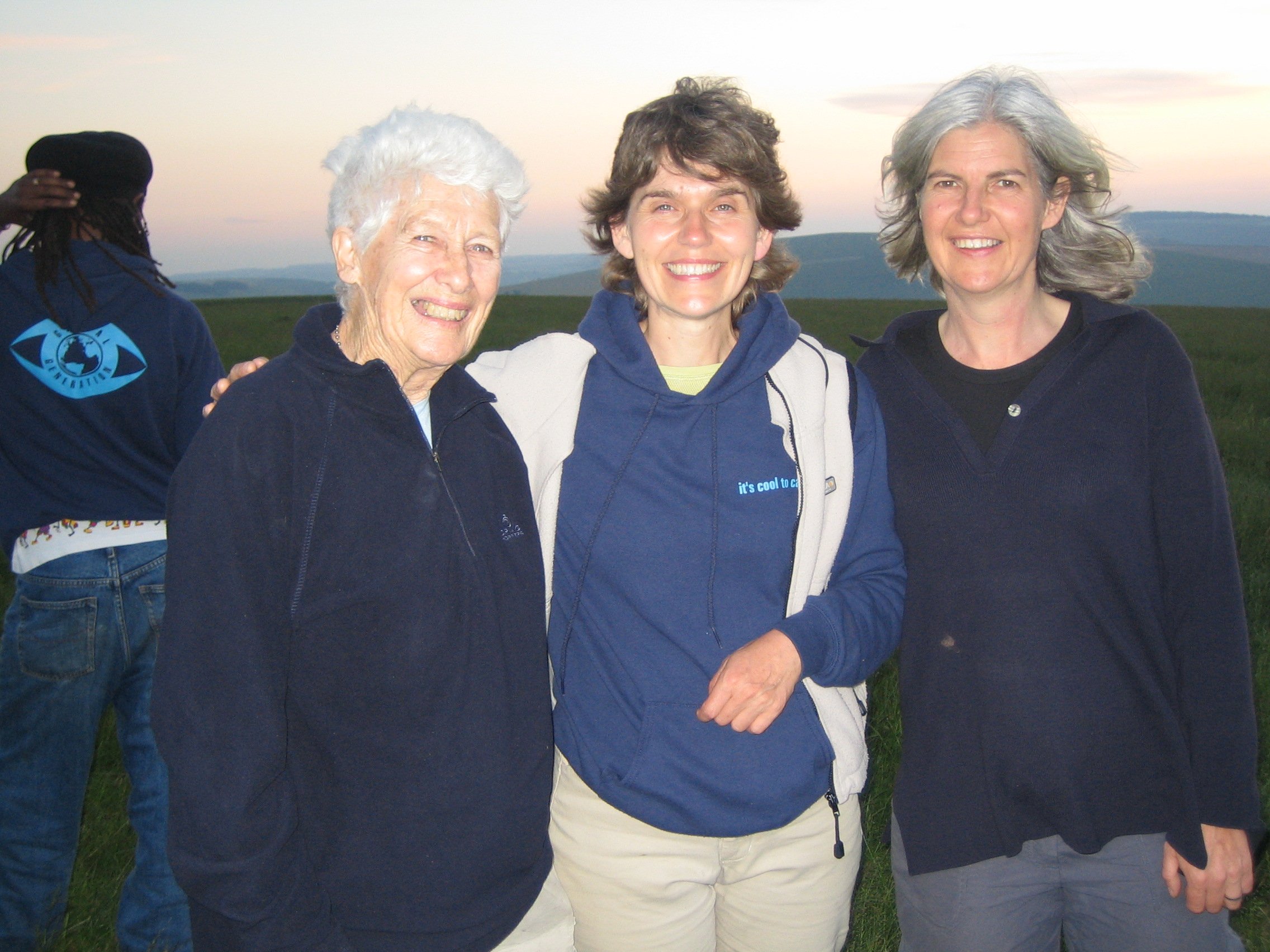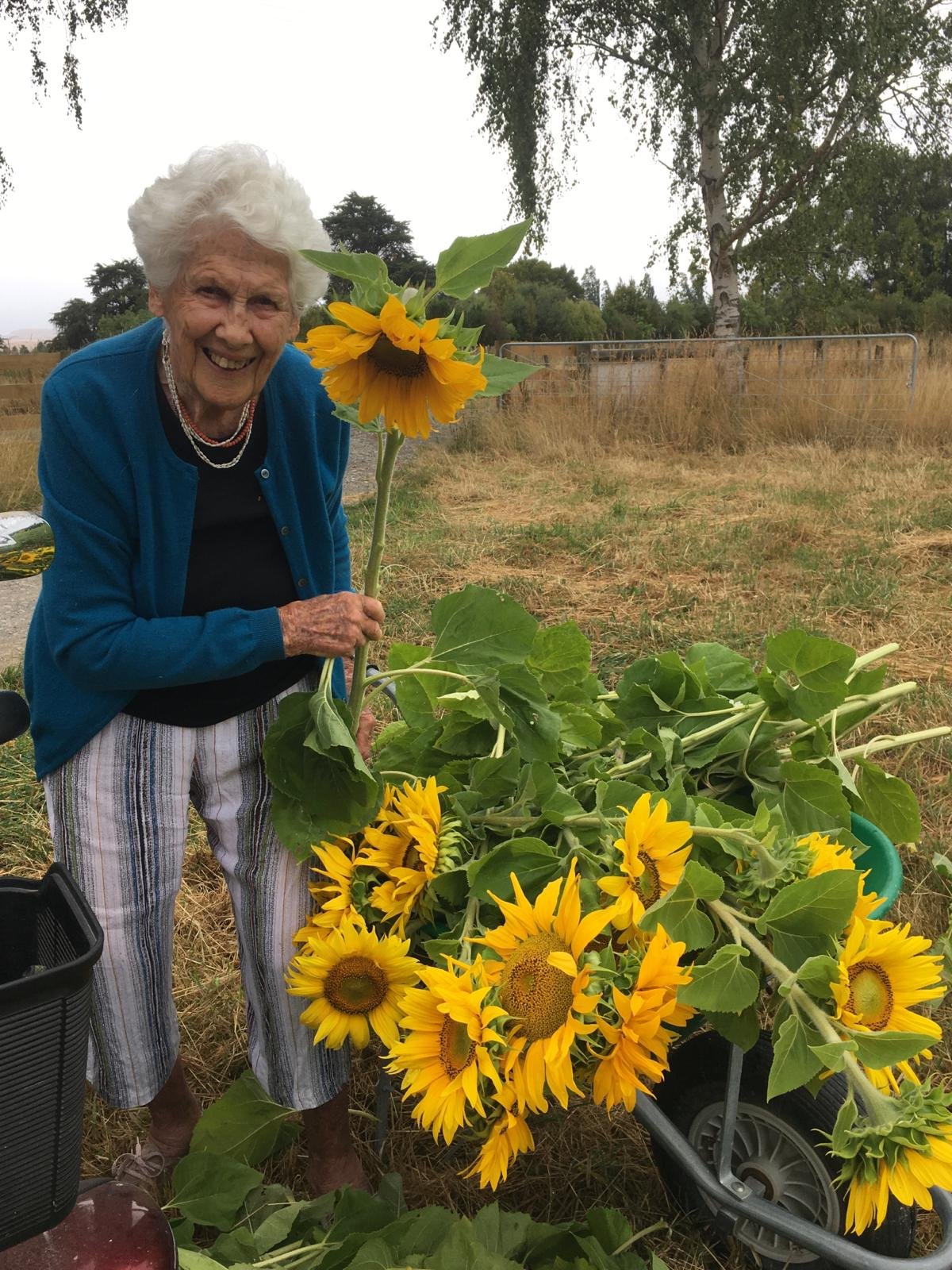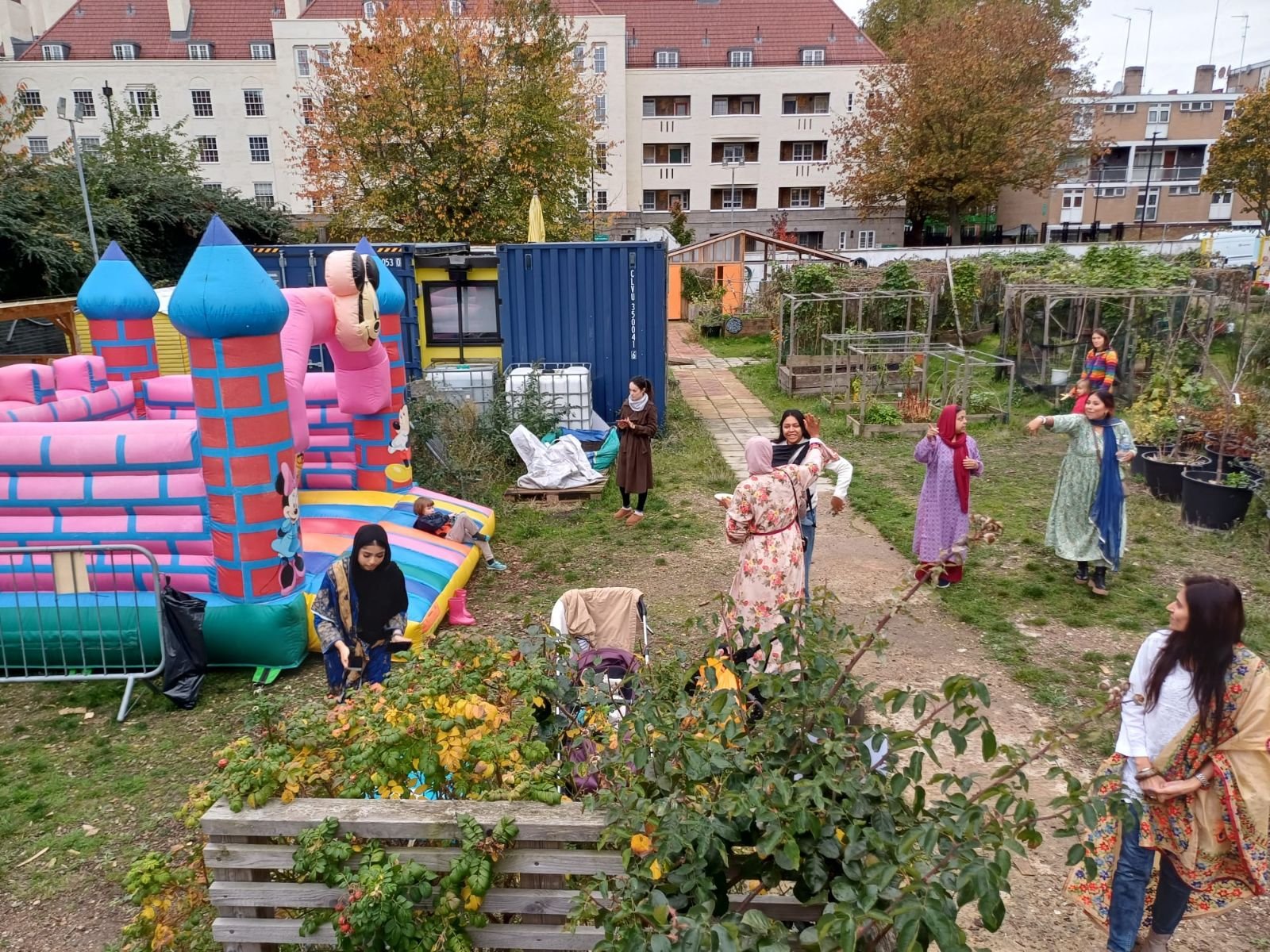the first generation: stories from Yvonne Riddiford, a volunteer
#20YearsofGG: Our Blog Series traces the legacy of the organisation by telling stories of volunteers, staff, young people, community members and more. Get to know Global Generation through the many voices that have made us up through the years. A short introduction by Nicole to the series:
——————-
From the start of 2024, much of our energy has been focused on looking forward towards the build of our first permanent garden, yet 2024 also offers us the opportunity to look back on the past 20 years and remember the stories that have shaped Global Generation since we were founded in 2004. As with a plant that can't grow without strong roots, we equally turn to our roots and the strong vision with which Global Generation was set up by founding members Jane Riddiford, Paul Aiken and Sara Riley, to empower young people to create a more just and life sustaining earth, in order to guide us in our work today and in the future.
As part of our 20 year celebrations, we are gathering stories and memories from people who were there right at the beginning as well as people we met along the way who were key in shaping Global Generation. We are opening this series of stories with a blog from Yvonne, Jane Riddiford's mum, now 98 and still going strong, who was there from the very start.
It has been a privilege and a joy to have been on this journey for the past 15 years alongside the most amazing team, partners and the abundant plants in our gardens, and look forward to continuing the journey for many years to come.
———————————
Being Jane’s Mum meant I was in the position of coming at the very beginning when Global Generation was just an idea that was held between Jane, Sarah Riley and Paul Aiken. Jane had brought a lot of ideas about creatively working with the young from her previous job with arts charity Rise Phoenix and that was to be part of the mix, but it had also become much broader and more focussed on the natural world. It may have been a few years before the concept of ‘I We and the Planet’ emerged, but I thought then, and I think still, all these years later, how splendidly it expressed what they were trying to achieve.
I was fortunate that I could come from NZ and visit Jane every year, so that I was able to appreciate many new developments. The early visits to Pertwood were really exciting. It was such an unprepossessing site; a hawthorne spinny in the middle of the Wiltshire Countryside. It kept its character throughout but slowly developed camping areas and facilities including a nice little kitchen, which served long trestle tables under canvas. A large yurt appeared one year and was a great location for meeting when the weather was too inclement to be outdoors.
In the first year, a big focus was working towards a Roots and Shoots summit, the youth initiative set up by the well known environmentalist Dr Jane Goodall and the next year Dr Jane herself came. I was assigned a task that suited me well. I had to find fifty of those wonderful flint stones with a flat surface large enough to take a name painted on it. This meant that everyone could be identified at the first gathering. I really enjoyed the way suitable jobs were always found for me. My main role was helping Paul Aiken with the cooking in the kitchen. Most of the children were London kids, some of whom had never seen the stars before. Some were really daunted the first night but by the end of the camp you could see the change in them. I remember that really hit me.
Yvonne, Paul Aiken and Children from Kori Cultural Arts at Pertwood Circa 2002
Sometimes I got to take part in the activities; which could be sketching landscape, coppicing hazel, laying brick paths or stone carving. Mostly I slept in a tent with Jane but in the first year I recall we slept in a yurt that artist Peter Rush had occupied all winter whilst teaching at Bryanston, a nearby secondary school. I shared the tent with Peter’s life like models of a parson and his wife sitting in a corner. They were so realistic I found myself greeting them when I went inside to go to bed. Children of all ages came, sometimes with their parents and so we had some very tiny ones. One year when when I was 80 the youngest, Paul and Odiri’s son Ejiro, was two.
The Parson and his wife and a melted plastic spoon insect by Peter Rush
Then of course I volunteered on some of the projects in London. A highlight was making insects out of melted plastic spoons with Peter Rush in St Pancras churchyard. That day there was also a demonstration of falconry. Anyone who had a special skill got drawn into GG’s orbit and so the range of activities grew over time. The diversity of participants also grew; they could be local school children, construction workers on the King’s Cross site, Guardian employees and many more. One year, thanks to local office building owner Charlie Green, the first rooftop garden had just been completed and looked marvelous; it was very new and everything was tidy and flourishing. There were different sections; one of recycled glass, one of baked sewerage pellets and one of logs, branches and wildflowers from Hampstead Heath. I gather it was soon hit badly by a summer drought and it lost some of its pristine charm. It seemed to me that the Global Generation team took the challenges in their stride and the next year all manner of water saving devices including a gray water toilet flushing system were installed.
My last visit to London was ten years later in 2016 when I was 91. The last Skip Garden had just been created. I was given the job of sorting seeds by Paul Richens, the Gardens Manager. The site looked extraordinary. At first glance it looked like quite a mess but when I looked closer I could see what a creative mess it was, with the giant glass two story building, created from old window panes, the little office shed on top of a cool store with walls of stuffed coffee sacks, and the polytunnel with a long earth wall. It was also such a hive of industry; there was a class in the cafe with children learning how to make beetroot brownies, another age group listening to a story and others busy building. By the time we left for the day, the after-work twilight gardeners had arrived.
Now Jane and her husband Rod are back in New Zealand on our family farm and, with my two other daughters, they are establishing a new charity Ruamāhanga Mauri oho www.ruamahanga.org.nz . Tasks are still passed my way. Some like making tree guards, I have to admit are beyond my current capacity. Fortunately I can still cook the soup for volunteers on the regular wetland planting days and I enjoy proofreading the blogs that regularly go up on the website. It is still great to see the mantra of ‘I , We and the Planet’ is alive and well on the opposite side of the world.
Yvonne, February 2024 Gathering Sunflowers for a Ruamāhanga Mauri oho fundraiser







Meet our second cohort of earth build trainees! Their focus has been on all things wood, including green woodworking and the timber construction of the kitchen. They have learned on the job, while working on our sustainable natural build construction project to create our first permanent community garden, at the #TriangleSite.